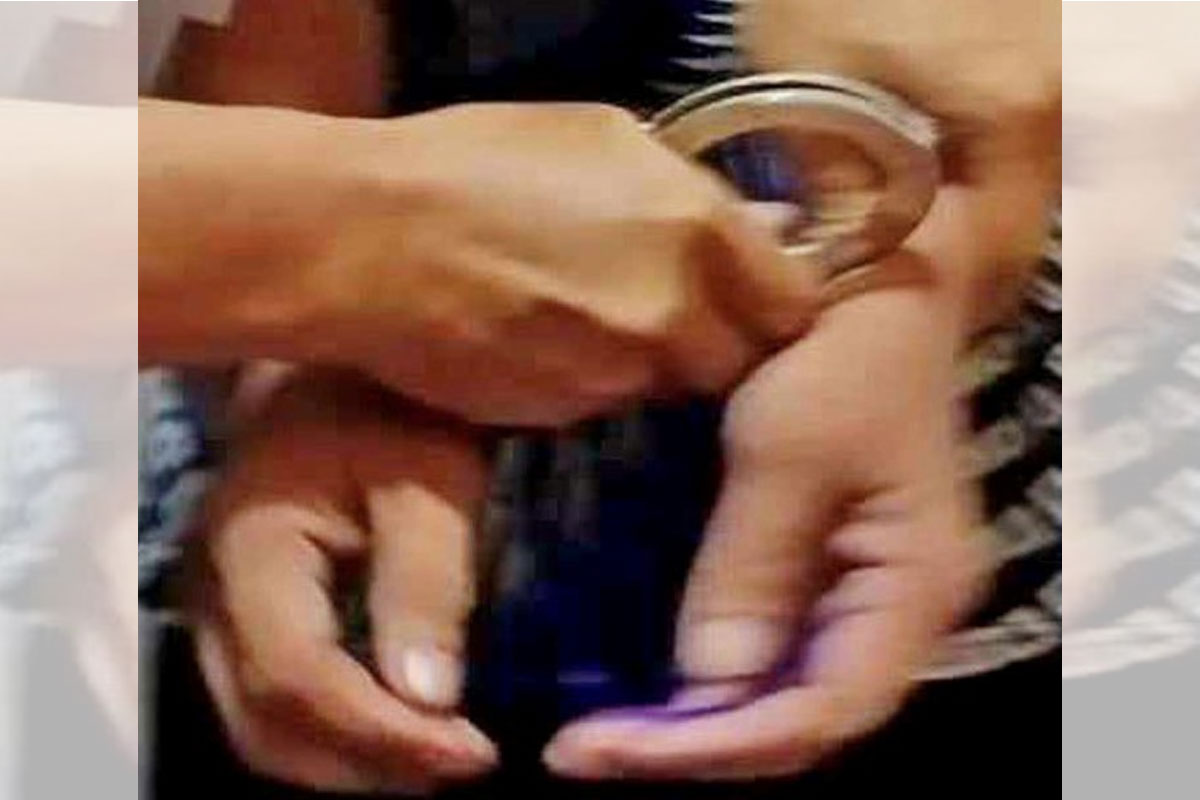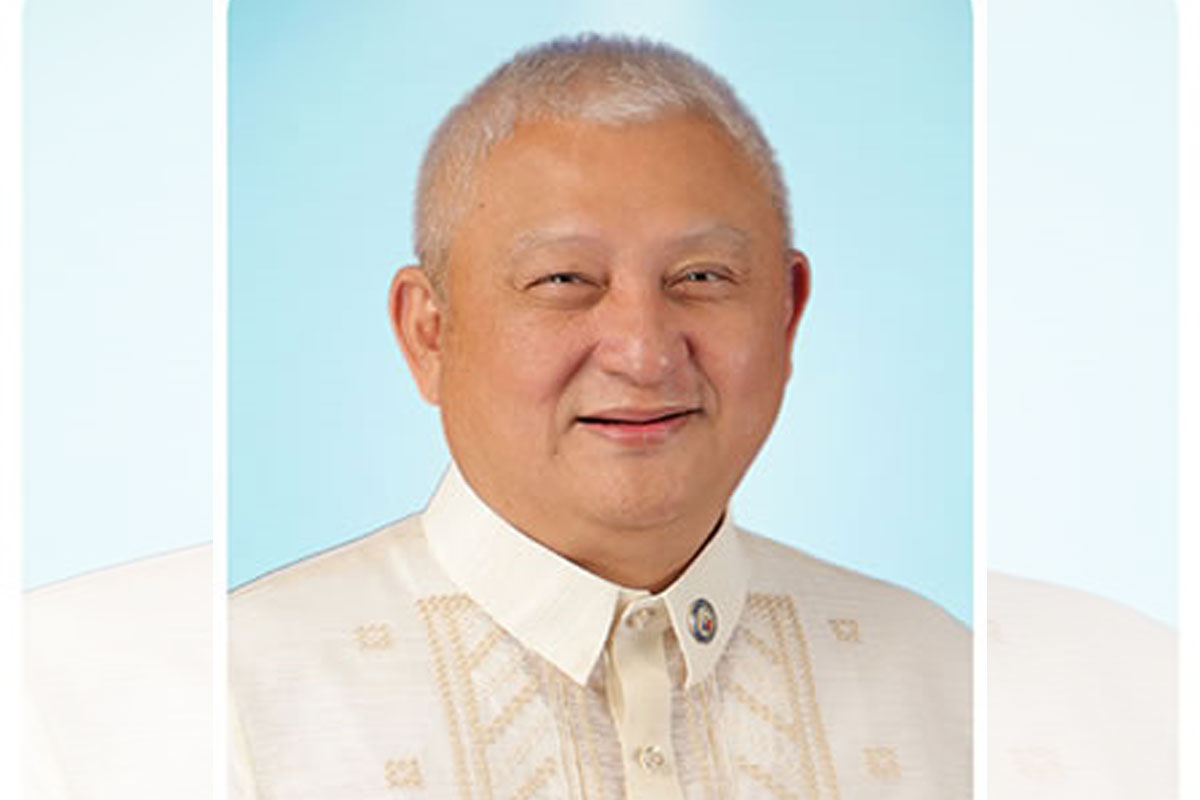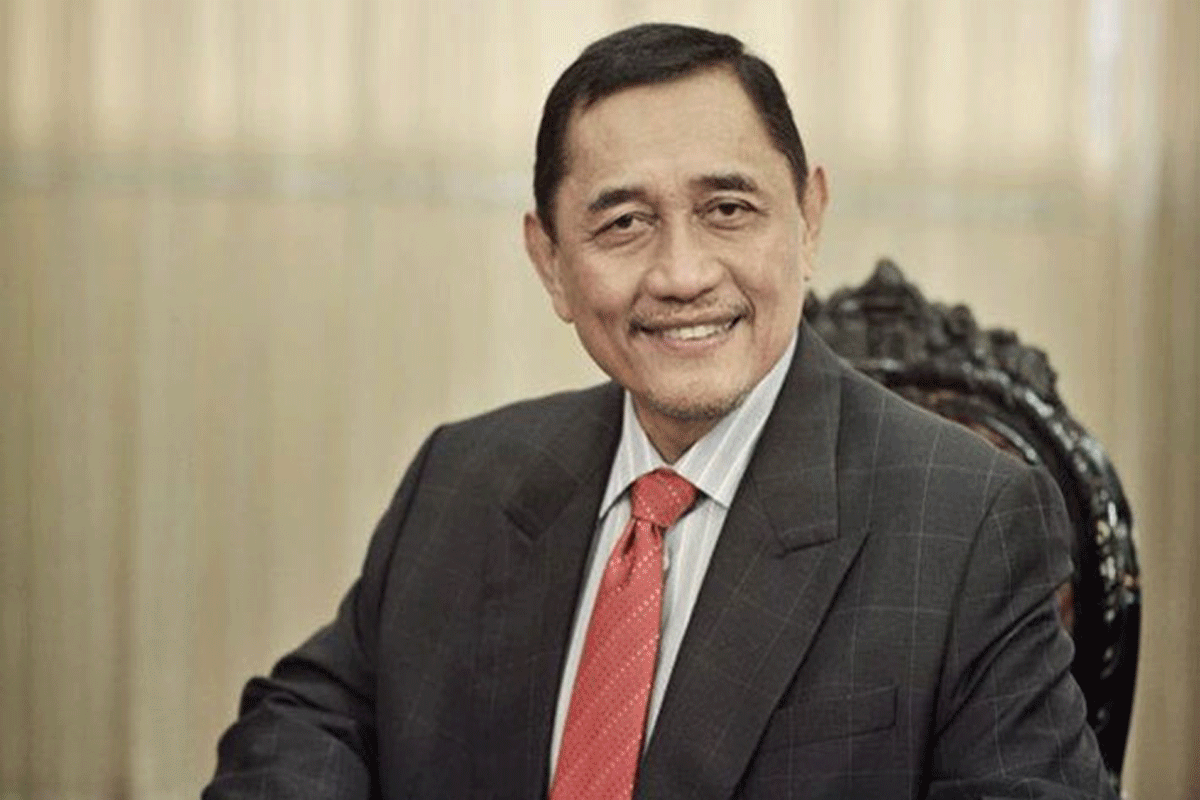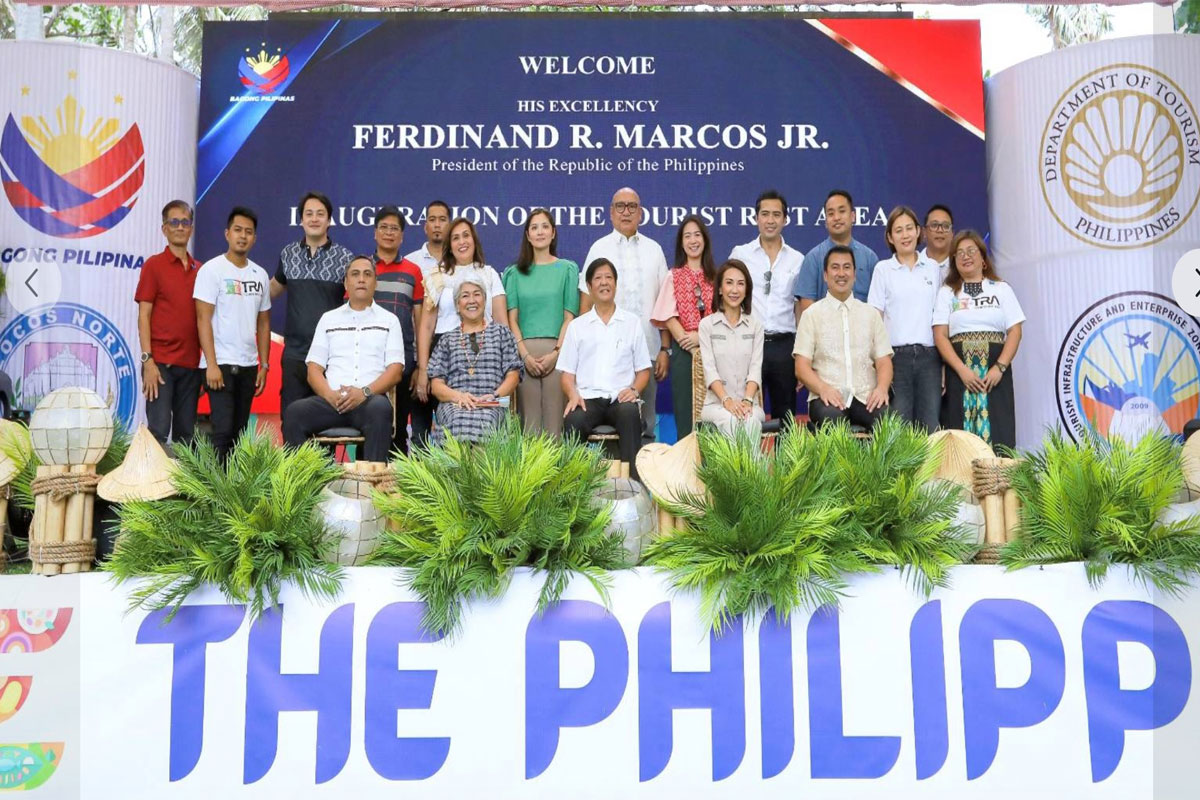
PBBM’s ‘paradigm shift’ working
 IF the ‘paradigm shift’ referred to by President Ferdinand Marcos Jr. is about drawing support from foreign countries to stop China’s aggressive expansion moves in the South China Sea, then the measure appears to be working.
IF the ‘paradigm shift’ referred to by President Ferdinand Marcos Jr. is about drawing support from foreign countries to stop China’s aggressive expansion moves in the South China Sea, then the measure appears to be working.
For a long time, the Philippines has been resorting to traditional diplomatic methods to ease its tension with China over the disputed territories but to no avail.
The situation even got worse late last year when a Chinese Coast Guard ship rammed a Philippine boat in the contested waters. This was further aggravated when the Chinese Coast Guard used water cannon against a Philippine vessel.
But with a number of nations recently demonstrating support for the Philippines, China appears to be softening its behavior.
Just this week, China agreed with the Philippines to “calmly deal” with incidents in the West Philippine Sea (WPS) by improving their maritime communication mechanisms.
The measure, agreed upon during a bilateral consultation mechanism meeting in Shanghai, includes communications between the foreign ministries and coast guards of the two countries.
A statement from the Department of Foreign Affairs said the two sides had frank and productive discussions to de-escalate the situation in the South China Sea.
Both sides agreed to calmly deal with incidents, if any, through diplomacy. They also agreed that continuous dialogue is important to keep peace and stability at sea.
Both sides also presented their respective positions on the Ayungin Shoal and assured each other of mutual commitment to avoid the escalation of tensions.
The two nations also agreed to initiate talks on possible academic exchanges on marine scientific research between Filipino and Chinese scientists.
I supposed these windows for consultations wouldn’t be possible if the government kept its traditional diplomatic strategies.
Late last year, President Ferdinand R. Marcos Jr. sought a paradigm shift in addressing China’s recent aggression and harassment in the WPS. Marcos noticed “very little progress” on the traditional methods of diplomacy to settle the Philippines’ issues with China in the WPS.
Indeed, it was about time for the Philippine government to come up with a new way on how to deal with China as the existing diplomatic efforts with the latter then were heading “in a poor direction.”
It could be recalled that the Philippines has taken three legal steps –filing a diplomatic protest to the Chinese Ministry of Foreign Affairs, summoning Chinese Ambassador to the Philippines Huang Xilian, and making a “demarche to the Chinese Ministry of Foreign Affairs officials” to call out the China Coast Guard (CCG).
However, all those measures appeared to be futile to address the WPS issues.
But with the Philippines adopting a new and more inclusive approach — engaging other countries –to solve the WPS dilemma, China is somehow becoming more diplomatic.
This as more allies expressed intention to join the Philippines in its patrol activities in the WPS. A report said there will be joint patrols with countries like Japan, Australia which showed support to our country.
This came after the United States deployed some of its vessels, including aircraft carrier USS Carl Vinson (CVN-71), during the second “maritime cooperative activity” with the Philippines in the WPS earlier this month.
Aside from the USS Carl Vinson (CVN-71), the US Indo-Pacific Command also deployed a cruiser, two destroyers and multiple combat aircraft.
No doubt such developments send a very strong signal to China that the Philippines has many allies.
Prior to this, a total of 16 European nations backed the Philippines in its fight for sovereignty over the WPS.
A joint statement issued by Belgium, Czech Republic, Denmark, Germany, Ireland, Greece, Spain, France, Italy, the Netherlands, Poland, Austria, Romania, Slovakia, Finland and Sweden supports the Philippines’ territorial integrity.
Infact, Germany recently provided the Philippine Coast Guard (PCG) with surveillance drones, a move that irritated China.
On the other hand, Indonesia is in talks with the Philippine government for the latter’s intention to sell anti-submarine aircrafts to boost our defense capabilities.
True enough, the Philippines has changed its way of dealing with China by using the strength in numbers.
**
For comments, please call or text 09569012811 or email [email protected]




















